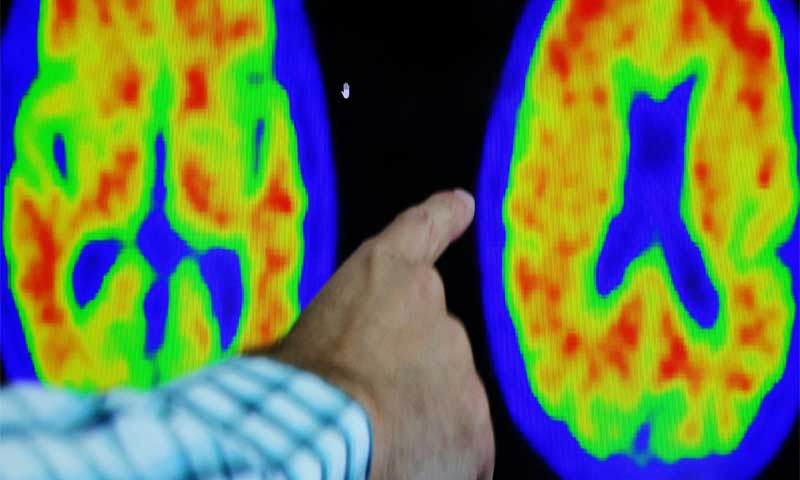- Web
- 1 Hour ago
Is your brain still ‘teenage’ at 32?
-

- Web Desk
- Nov 26, 2025

WEB DESK: Brain development continues far longer than once believed, with new research showing that adolescence effectively stretches into our early thirties. A major study by the University of Cambridge has identified four pivotal ages, nine, 32, 66 and 83, marking significant transitions in how the brain rewires and functions throughout life.
The findings, based on MRI scans of nearly 4,000 people aged up to 90, reveal that the brain progresses through five distinct phases: childhood (birth to nine), adolescence (nine to 32), adulthood (32 to 66), early ageing (66 to 83) and late ageing (83 onwards). The study, published in Nature Communications, maps how neural connections strengthen, weaken and reorganise over decades.
Lead researcher Dr Alexa Mousley said the brain’s wiring “does not follow one smooth trajectory” but instead shifts dramatically at specific points. The most striking transformation occurs at age nine, when the brain shifts from rapid growth to ruthless efficiency, marking the beginning of an extended adolescent period. This phase, which lasts until 32, is the only stage in which the brain becomes more efficient, aligning with the decades in which cognitive performance typically peaks.
The research also helps explain why mental health disorders frequently emerge in adolescence and why risks for conditions like dementia rise later. After 32, the brain enters a long stretch of stability, though efficiency gradually declines. At 66, connectivity patterns shift again, with the brain beginning to function in more isolated regional clusters rather than as one unified network. This period corresponds with the age when health issues such as high blood pressure and early cognitive decline commonly appear.
A final transition occurs at around 83, where these ageing patterns intensify. Due to fewer available scans of very elderly participants, the data is more limited, but researchers say the trends are clear.
Experts not involved in the study have praised the work. Prof Duncan Astle of Cambridge said the findings offer insight into how differences in brain wiring relate to attention, memory and behaviour. Prof Tara Spires-Jones of the University of Edinburgh called the research “a very cool study,” noting that while the ages are indicative rather than absolute, the results align with existing knowledge of brain development and ageing.




